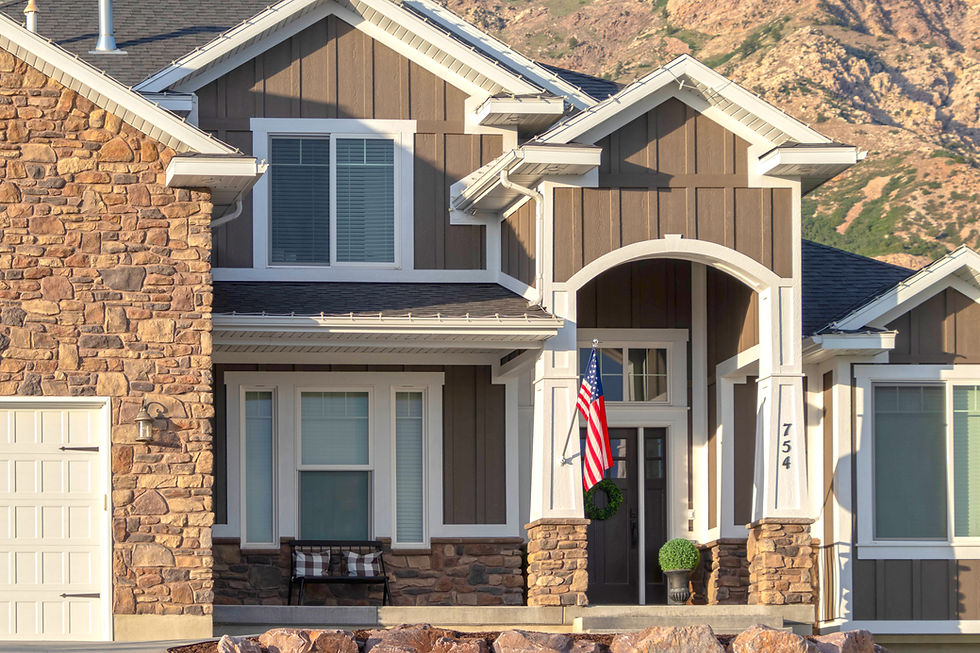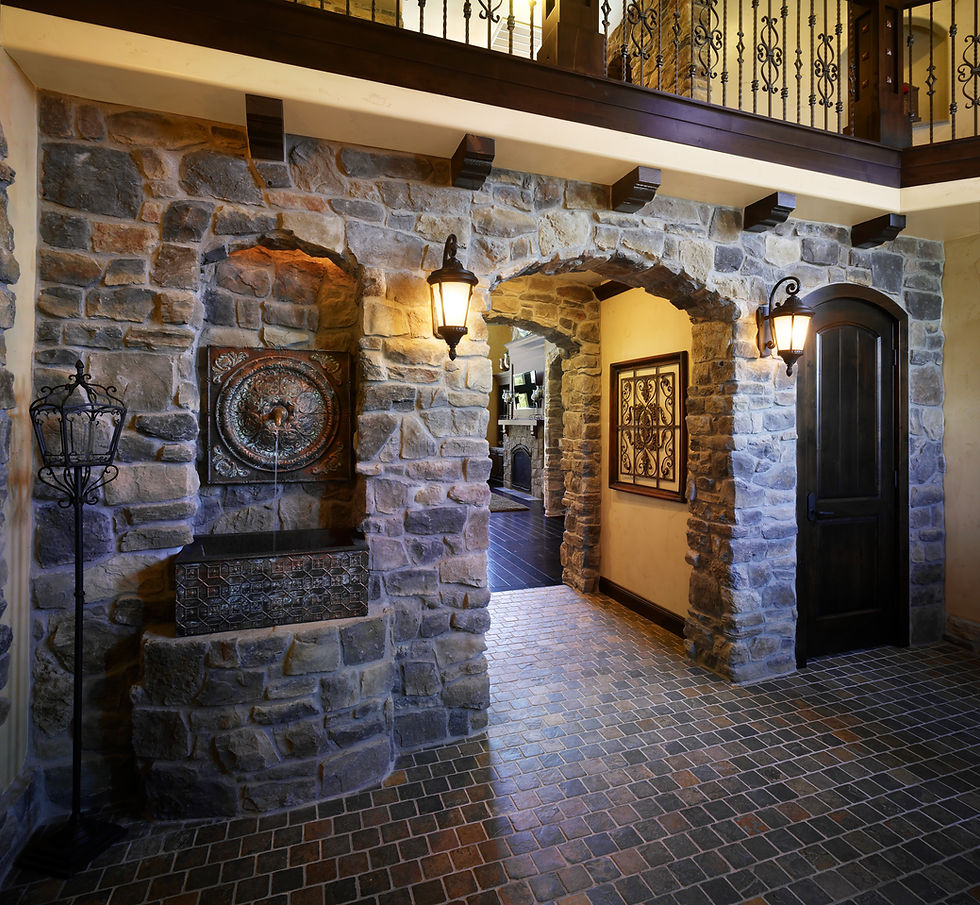Differences Between Masonry Adhesive and Mortar
- SEO Team

- Apr 10, 2023
- 3 min read
Updated: Oct 9, 2023
Masonry adhesive and mortar are two materials used in construction projects. Both have pros and cons, and knowing the differences can help you pick the right one for your project.
Masonry adhesive is a strong adhesive that can be used to bond brick, stone veneer, concrete, ceramic tiles, and other masonry materials together. It comes in a few different forms, including liquid adhesives and aerosol sprays. Masonry adhesive is easy to use and requires minimal mixing or preparation — it can even be applied directly from the tube or spray can. It dries quickly and can be used indoors or outdoors.
Mortar is a mix of sand and cement used to bond masonry materials together. It’s usually available in a premixed form, but it can also be made from scratch using a combination of sand, cement, and water. Mortar sets slowly and takes time to dry completely — it can sometimes take up to 24 hours for mortar to cure fully.

Differences
One of the main differences between masonry adhesive and mortar is how quickly they dry. Masonry adhesive dries in just a few minutes, while mortar can take up to 24 hours to fully cure. Another difference is that masonry adhesive requires no mixing or preparation — it usually comes ready to use right out of the tube or spray can. On the other hand, mortar needs to be mixed with water before use.
Another key difference is the strength of the bond. Masonry adhesive creates a very strong bond between masonry materials, and it’s usually used for projects that require a long-lasting bond — like attaching stone veneer or architectural accents. Mortar, meanwhile, creates a slightly weaker bond than masonry adhesive but is still strong enough for most projects.
Finally, masonry adhesive is significantly more expensive than mortar. This is because it’s usually sold in smaller quantities and comes with a higher price tag. Mortar, meanwhile, is sold in larger quantities and tends to be cheaper per unit cost.
Similarities
Despite their differences, masonry adhesive and mortar do have some similarities. For starters, both are used to bond masonry materials together — such as brick, stone veneer, concrete blocks, ceramic tiles, and more. Additionally, they’re both suitable for indoor and outdoor use — so you don’t have to worry about them being affected by moisture or extreme temperatures.
Both masonry adhesive and mortar can be used to fill in gaps or cracks between masonry materials, which is important for ensuring the structural integrity of your project. This means that they’re both useful for larger-scale projects like building walls or creating retaining walls.
Uses
Masonry adhesive is best suited for bonding together masonry materials. It can also be used to attach architectural accents or stone veneer to walls. Masonry adhesive is a great choice for indoor and outdoor projects — it’s resistant to moisture, extreme temperatures, and ultraviolet rays.
Mortar is best suited for larger projects that require more structural strength. It’s commonly used for projects like building a brick wall or attaching stone veneer to an exterior wall. Mortar is also often used in repointing — filling and repairing the joints between bricks or stones on an existing masonry structure.
Both masonry adhesive and mortar are great options for construction projects, but choosing the right one is important. Consider the size and scope of your project, as well as factors like cost, drying time, and strength of bond before making a decision. Knowing the differences between masonry adhesive and mortar can help you make an informed choice that will ensure a successful project.
Masonry adhesive is a great choice for small-scale projects requiring quick drying time, while mortar is best for larger projects requiring more structural strength. Both are important materials in the construction industry and can be used to create strong, durable bonds between masonry materials. With the right knowledge, you’ll be able to pick the perfect material for your project.
Type-S Mortar is what Harristone recommends for all installation types. Follow local building codes and our ICC-ES Report #1593 for proper installation.
At Harristone in Salt Lake City, Utah, we will help you with any key installation and refurbishing projects you need to get done. We have locations in Park City, North Ogden, and Pleasant View. Contact us today to learn more about our process and how we can help with your next project.








